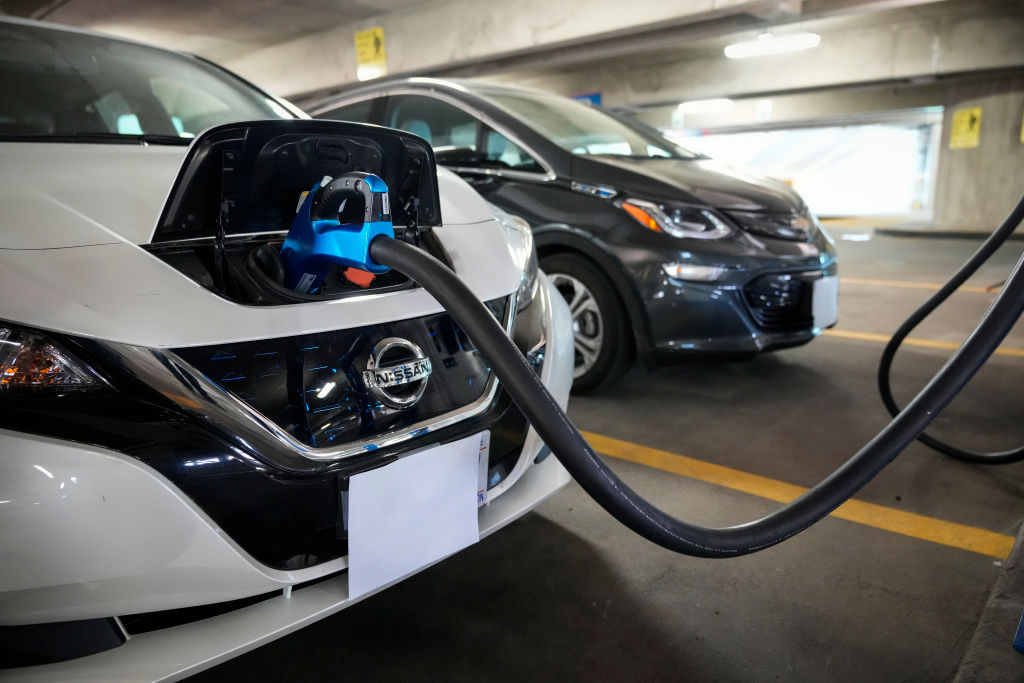In a new report from Bloomberg, the U.S. appears to be at an important point in electric vehicle sales, which could determine the future of cars in America.
According to the report, 5 percent of new cars sales are electric.
“The U.S. is the latest country to pass what’s become a critical EV tipping point: 5 percent of new car sales powered only by electricity. This threshold signals the start of mass EV adoption, the period when technological preferences rapidly flip, according to the analysis,” Bloomberg reported.
Other countries have already passed this milestone and have seen a growth in the EV market.
If the U.S. continues following the trend set by Europe and China, the two other largest car markets, then EVs might start taking up as much as 25 percent of new car sales in the coming years.
“If the U.S. follows the trend established by 18 countries that came before it, a quarter of new car sales could be electric by the end of 2025. That would be a year or two ahead of most major forecasts,” the report outlined.
Bloomberg has called this a possible “society-altering shift.”
According to the trends of the other major car markets that have begun adopting EVs more and more, once that 5 percent threshold is crossed, then more people begin to follow the trend.
There are, however, still obstacles in the way of the overall adoption of electric cars.
First of all, not everyone is sold on the idea of the efficacy of EVs.
“Electric vehicles are still a relatively new technology. Although early adopters have paved the way, many mainstream consumers are unaware or just learning about the advantages of electric vehicles,” GeoTab reported last year.
Along with that, the charging infrastructure for electric cars is still being developed.
Charging stations are not as widespread as gas stations, so the structure to support EV dominance on the road is not yet here.
Then there is the most significant barrier of cost.
EVs are not yet at prices levels that all consumers can afford. Particularly, with growing inflation, a supply chain crisis and rising cost of goods — as the costs of goods have increased the price of EVs has as well.
“[T]he average price of a new electric vehicle spiked to $54,000 in May 2022, and buyers paid 22 percent more for a new EV year-over-year,” Inside Evs reported.
However, though these are real barriers for the EV industry that need to be overcome, Bloomberg does seem to be on the right track in its reported data.
Though prices have risen, the demand for EVs has also risen, Inside EVs reported.
So the U.S. does seem to crossing into a new car era that could start shifting our society in the coming years.
This article appeared originally on The Western Journal.

























 Continue with Google
Continue with Google